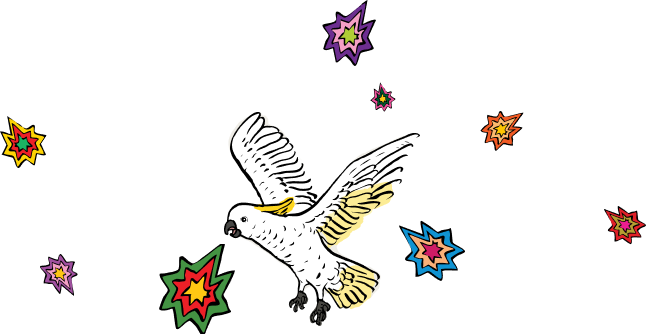Reviewed by: Mindshare
This review was written for mindshare, a creative community and online mental health
publication. Reflections are by mindshare writers with lived experience of mental illness,
specifically critiquing through a mental health lens. Content may contain triggering themes
Miranda Krogstad is a Canadian spoken word poet, exploring why sharing our stories is important, during her online digital show, Why We Tell Stories. Miranda uses a multitude of different artforms (videography, dance, song, and poetry) to convey her message for the need for us to tell our stories.
Why We Tell Stories had a Ted Talk vibe happening throughout, as its goal was to be inspiring and motivational to the audience watching. Miranda is quintessentially optimistic, finding the positive even in the most negative situations. In this 90-minute digital production, Miranda shares her story—from her childhood to a life altering situation that faced her family, all without delving too deep emotionally or revealing a crack in her vulnerability armour.
The show opens with a video package focusing on our ancestors and how they shared food, love, and stories with each other and how individuals can use their ancestors’ stories to write better stories for themselves and to build on their ancestor’s imperfections. She highlights how sharing our stories can bring us together, no matter our culture, race, or sexuality. Within our stories, we can find commonalities. It was nice little poem/ message to start off the show. Unfortunately, and this became a running theme in the show, it did not contain quite enough substance to fully engage me.
The poem “Cross eyed” was probably the highlight of the show for me. Not for the words of the poem, but more so the fact that sign language was used to share this poem. It made the piece stand out from the rest, due to how different and memorable it was.
Miranda’s anecdotes and poems highlighted how important her family are and how they inspired her to be creative and share her stories. Miranda shares a childhood story from her Russian grandmother, all in Russian. While she tells the story, there are videos of her Grandmother. Pictures of her family are featured at other times during the show too, perhaps in an attempt to make it feel more real, more human.
Miranda did start to tackle heavier subjects within her storytelling and poetry, but for me this barely scratched the surface. I felt like I wasn’t welcomed to explore her vulnerability with her.
One of the heavier subjects of Miranda’s story, was learning her dad had only 2 months to live. Though Miranda was sad, she focussed on the positives of diagnosis (like how it made her appreciate life) and how grateful of the time Miranda spent with her dad. She never really explored the darkness of her feelings, just the light. It is impressive that Miranda can use her words to brighten up her life even in times of struggle but in doing so, for me, the words lose authenticity.
A similar thing occurs when Miranda shares her poem about mental health, called “Crazy”. “Crazy” focuses more on empowerment and accepting who you are, without touching on how mental illness can impact our lives in a negative way or exploring if Miranda has her own experiences when it comes to mental health. This left me disappointed.
One element of this show I wasn’t expecting was the guided meditation. Miranda guided us for seven minutes, as a post script to a story about a traumatic event. To be honest I skipped past half of this meditation. Don’t get me wrong, I like meditation, but not during a show. I want to be able to feel a story and the emotion attached to it.
There were messages that I liked during Why We Tell Stories, like the importance of sharing your story—whether it is sad, inspirational, happy, or angry—and accepting and loving the imperfections of that story. The show was well produced and edited. But I think this may actually have been part of my issue with it. For me the high production took away the human element. I felt like I was being force-fed positivity, when what I want in a show is both light and dark. The poems were good, but not especially memorable and I simply can’t say it made me reflect deeply. I want a show to make me feel. I give Why We Tell Stories two stars.




